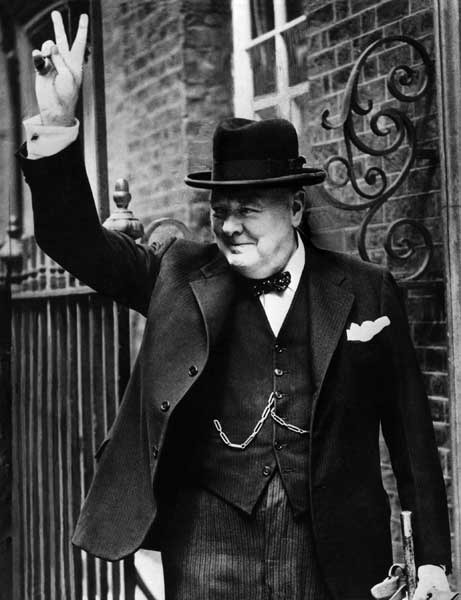Mr Chartwell, By Rebecca Hunt

Your support helps us to tell the story
From reproductive rights to climate change to Big Tech, The Independent is on the ground when the story is developing. Whether it's investigating the financials of Elon Musk's pro-Trump PAC or producing our latest documentary, 'The A Word', which shines a light on the American women fighting for reproductive rights, we know how important it is to parse out the facts from the messaging.
At such a critical moment in US history, we need reporters on the ground. Your donation allows us to keep sending journalists to speak to both sides of the story.
The Independent is trusted by Americans across the entire political spectrum. And unlike many other quality news outlets, we choose not to lock Americans out of our reporting and analysis with paywalls. We believe quality journalism should be available to everyone, paid for by those who can afford it.
Your support makes all the difference.The Sixties aren't swinging for Esther Hammerhans. In Rebecca Hunt's first novel, it is 1964 and Esther is living alone in Battersea, working as a lowly librarian in the Houses of Parliament. Her monotonous existence is disrupted when she advertises for a lodger and an enormous black dog takes the room. The dog is the eponymous Mr Chartwell. He has the power of speech and a penetrating intelligence, as well as being six foot seven on his hind legs (he stands on them quite often).
Winston Churchill labelled his depressions his "Black Dog" and we learn that Mr Chartwell is this self-same metaphorical canine made flesh, busy lurking around his illustrious client in between rooming with Esther. By now Churchill is 89 and about to retire from the Commons after more than six decades of glorious service to the nation. The prospect fills him with gloom and so Mr Chartwell has descended upon him once more.
While Esther tries to cope with her tenant's grotesque habits - he has disgusting table manners, he stinks and he destroys her furnishings - we are left to wonder why Mr Chartwell has attached himself to her. Could it be related to the absence of her husband Michael? A fresh ordeal looms when she is deputised by her irascible head librarian to fill in as a relief secretary to Churchill. She is to help him draft his farewell speech to the Commons, over at his country retreat in the Weald of Kent (the Chartwell from which the Black Dog has purloined his name).
Hunt nimbly avoids the whimsy invited by her magical realist conceit. Instead she brings to bear a fine artist's lateral sensibility (she's a painter as well as a writer) to deliver a quirkily inspired hypostatisation of Churchill's inner demon. And the later Churchill himself, in his hammy grandeur and Lear-like plight, is a gift for a novelist. By now history had rolled on past this most potent of all 20th-century political beasts, an Edwardian colossus who had so long outlived his era that it is astonishing to realise, as Hunt deftly shows, that he overlapped with the Rolling Stones.
There are niggles. Near the novel's start, excessive name-checking intrudes into her descriptions, though her depictions of Parliament and Chartwell, in particular, are finely crafted and engagingly evocative. Inevitably, there must be a feeling that she could have made more of Churchill; she delivers a series of adroit sketches where perhaps she might have gambled upon a portrait of more depth. Towards the end, too, its intersecting tales of depression begin to over-strain her central narrative device, despite his super-canine powers of agency.
Nevertheless, the big black dog is always full of entertaining surprises. If Mr Chartwell loves chewing on a sheep's pelvis, he's happiest when verbally jousting with humans who do not want him to be there at all, despite his inimitably seductive traits. Hunt's debut is charming, funny and moving.
Join our commenting forum
Join thought-provoking conversations, follow other Independent readers and see their replies
Comments